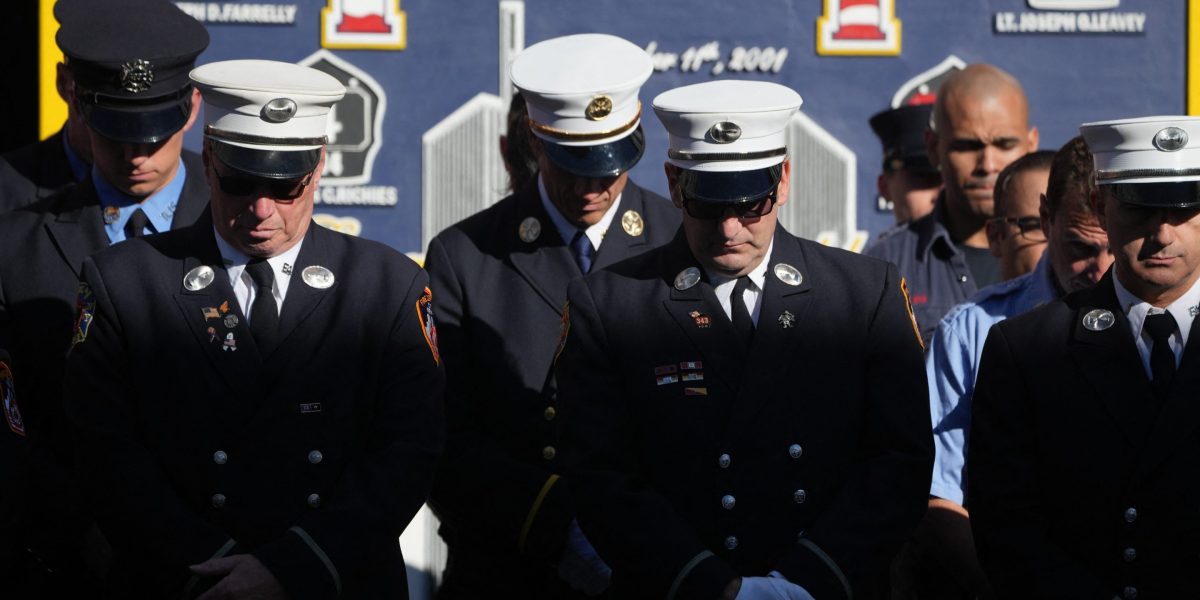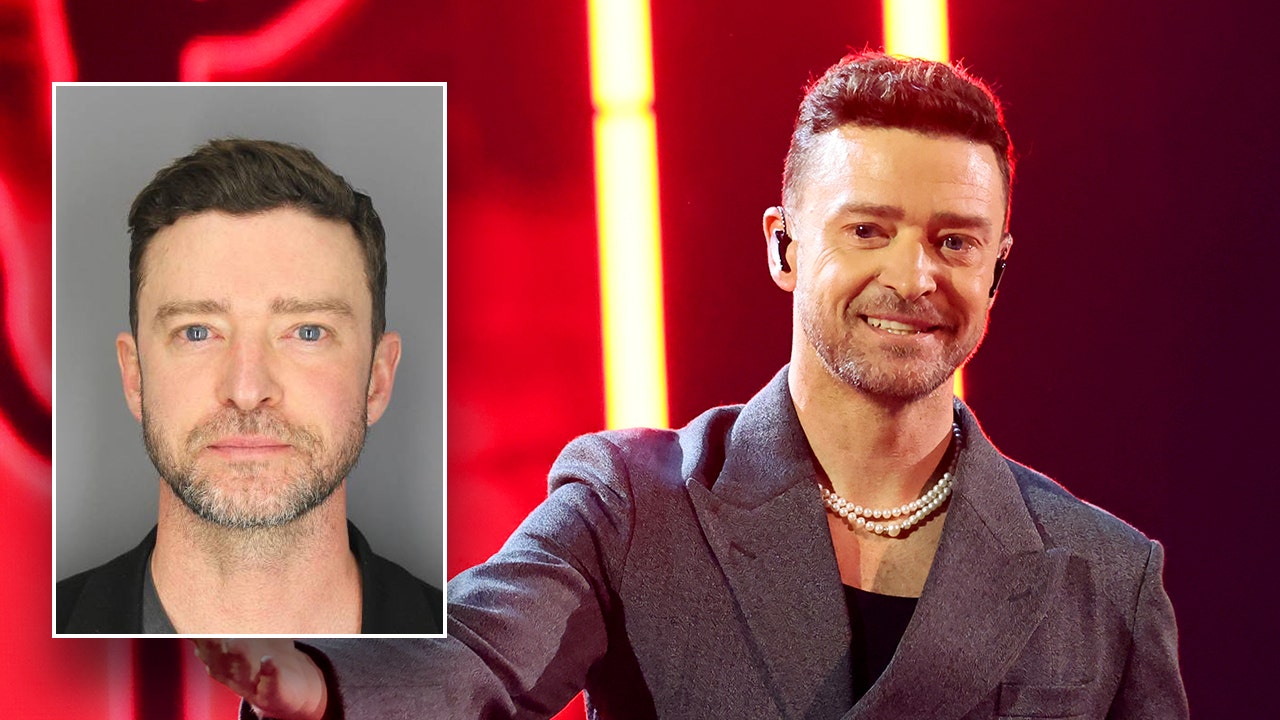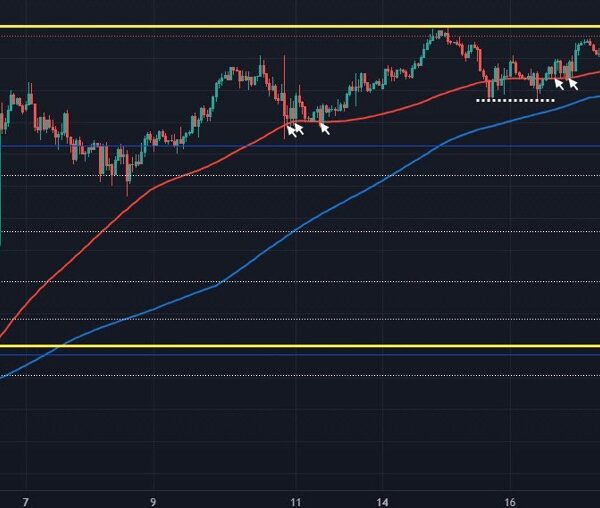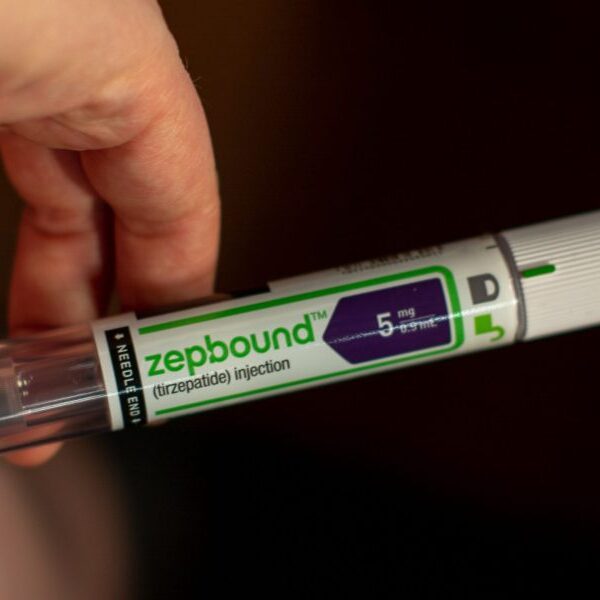Twenty-three years ago today, 343 members of the Fire Department of the City of New York (FDNY) were killed in the 9/11 terrorist attack on the World Trade Center. Now even more have died from illnesses related to their rescue and recovery efforts at Ground Zero.
In a ceremony last week, 32 FDNY members’ names were added to the department’s World Trade Center Memorial Wall in Brooklyn, bringing the illness-related deaths to more than 360.
“As we do every year, we will reflect on the 343 members who died that day, and we will be sobered in knowing that those insurmountable losses did not end at the World Trade Center site,” Fire Commissioner Robert Tucker said during the Sept. 4 ceremony. “Instead, we have seen our members become sick because of time they spent working in the rescue and recovery.”
Addressing family and friends of the deceased, Tucker continued, “But while there is great sadness here, there is also tremendous gratitude for time spent, for promises kept, and in knowing that each of these members would do it all again if asked. That’s the beauty of the FDNY. That’s the power of a place that’s home to people—like all of your loved ones—who are dedicated to doing good.”
Wednesday, we added the names of 32 members to the World Trade Center Memorial Wall. pic.twitter.com/ecvS3pqj5b
— Fire Commissioner Robert S. Tucker (@FDNYFC) September 5, 2024
The newest additions to the memorial included:
- 16 firefighters
- 5 lieutenants
- 2 battalion chiefs
- 2 captains
- 2 electricians
- 2 EMTs
- 1 chaplain
- 1 EMS captain
- 1 paramedic
“The 32 members we honor today and the many, many names that already hang inside (on the memorial wall), did not hesitate to respond on Sept. 11 and then search for days and weeks for their missing colleagues, friends, and civilians,” Acting Chief of Department John Esposito said during the ceremony. “In 2001, they knew they had a job to do and they were selfless in their dedication. They did not think of themselves as they ran toward danger. They upheld the finest traditions of this department—bravery, honor, and call to service.”


Andrew Lichtenstein/Corbis/Getty Images
What caused 9/11 health problems?
In the days, weeks, and months after Sept. 11, 2001, about 400,000 people were exposed to toxic contaminants left in the wake of the attacks in New York, Virginia, and Pennsylvania, according to the Centers for Disease Control and Prevention (CDC). Not to mention physical injury and emotional stress.
The collapse of the Twin Towers propelled plumes of glass, concrete, metals, asbestos, and silica into Lower Manhattan and parts of Brooklyn, the CDC says. Debris fires that burned through the end of 2001 and flared up throughout 2002 also released carcinogenic combustion byproducts into the air.
People responding to the Pentagon in Arlington, Va., were exposed to jet fuel, harmful debris, and hazardous chemicals, while those at the plane crash near Shanksville, Pa., battled dangerous conditions including smoke and hot spots.
In 2018, the World Trade Center Health Program, part of the CDC, launched an inventory of more than 350 “9/11 agents”—chemical, physical, biological, and other hazards to which responders, survivors, and recovery workers may have been exposed. The program highlights these illnesses as just some of the potential consequences:
If you or a loved one were present at one of the three crash sites during select rescue, recovery, and clean-up periods, consider registering for the federal September 11th Victim Compensation Fund. You don’t have to have been diagnosed with a 9/11-related illness to sign up and may be eligible to file a claim in the future.
For more on 9/11 and health care:
Subscribe to Well Adjusted, our newsletter full of simple strategies to work smarter and live better, from the Fortune Well team. Sign up for free today.















